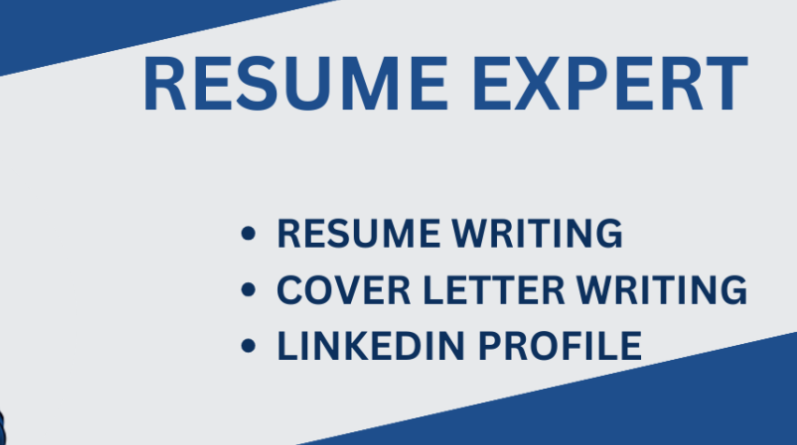In today’s dynamic and competitive job market, crafting a compelling resume is not just a formality but a critical step towards securing your dream career. Your resume serves as your professional calling card, a concise yet impactful narrative that showcases your skills, experiences, and accomplishments, effectively communicating your suitability for the role you seek.
The Art of Resume Storytelling
A well-written resume goes beyond simply listing your work history and educational background; it’s an opportunity to tell your professional story. Your resume should be a carefully curated narrative that highlights your strengths, demonstrates your growth, and aligns your qualifications with the specific requirements of the job you’re applying for.
Essential Elements of a Compelling Resume
While the formatting and structure of a resume may vary depending on the industry or company you’re applying to, there are several core elements that remain consistently important:
1. Contact Information:
Ensure your contact details are prominently displayed and easily accessible. Include your full name, email address, phone number, and, if applicable, a professional website or portfolio link.
2. Professional Summary:
Craft a concise and captivating summary that encapsulates your key skills, experiences, and career aspirations. Tailor this section to match the specific job requirements, highlighting the most relevant aspects of your background.
3. Work Experience:
List your work experiences in reverse chronological order, starting with your most recent position. Include the company name, job title, dates of employment, and a brief description of your primary responsibilities and accomplishments. Use action verbs and quantifiable achievements to demonstrate your impact.
4. Education:
Detail your educational background, including the institution name, degree obtained, and graduation date. If you have relevant academic achievements, such as awards or scholarships, mention them briefly.
5. Skills:
Create a dedicated skills section to showcase your technical and soft skills. Categorize your skills into relevant groups, such as computer skills, language skills, and soft skills, and prioritize those that align with the job requirements.
6. Additional Sections:
Depending on your industry or expertise, you may consider including additional sections, such as certifications, awards and honors, volunteer experiences, or relevant projects. Keep these sections concise and focused.
Crafting a Compelling Narrative: Tips and Strategies
1. Keywords and Applicant Tracking Systems (ATS):
Many companies utilize ATS to filter resumes, so incorporating relevant keywords from the job description can increase your chances of getting noticed. However, avoid keyword stuffing; use keywords naturally and meaningfully.
2. Quantifying Accomplishments:
Numbers speak volumes. Quantify your accomplishments whenever possible, using metrics and data to showcase your contributions. For example, instead of simply stating “increased sales,” specify the percentage or dollar amount by which you increased sales.
3. Tailoring Your Resume to Each Job:
Avoid using a generic resume for every application. Take the time to tailor your resume to each specific job, highlighting the skills and experiences that most closely align with the position’s requirements.
4. Proofreading and Editing:
A polished and error-free resume is crucial for making a positive first impression. Proofread meticulously for any grammatical errors, typos, or inconsistencies. Use spell-checking tools and consider having a trusted friend or colleague review your resume.
5. Professional Formatting and Presentation:
First impressions matter, and your resume’s visual appeal plays a significant role. Use a clear and consistent font, maintain consistent spacing and alignment, and opt for a professional design template that aligns with your industry standards.
Seeking Feedback and Continuous Improvement
Don’t hesitate to seek feedback on your resume from trusted professionals, such as career counselors, recruiters, or mentors. Their insights can help you identify areas for improvement and refine your resume to maximize its effectiveness.
Conclusion: Your Resume as a Dynamic Tool
Your resume is not a static document; it should evolve as your career progresses and your skills and experiences expand. Regularly update your resume to reflect your latest accomplishments, relevant training, or newly acquired skills.
Remember, your resume is a powerful tool that can open doors to exciting career opportunities. By following these guidelines and continuously refining your narrative, you can effectively showcase your unique value proposition and increase your chances of landing the job of your dreams.



